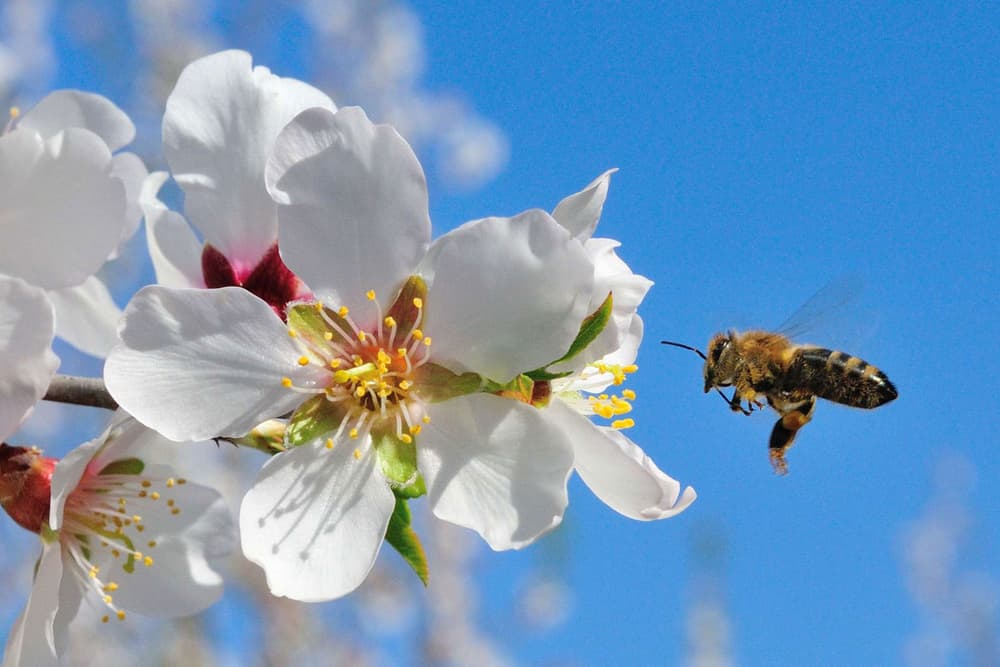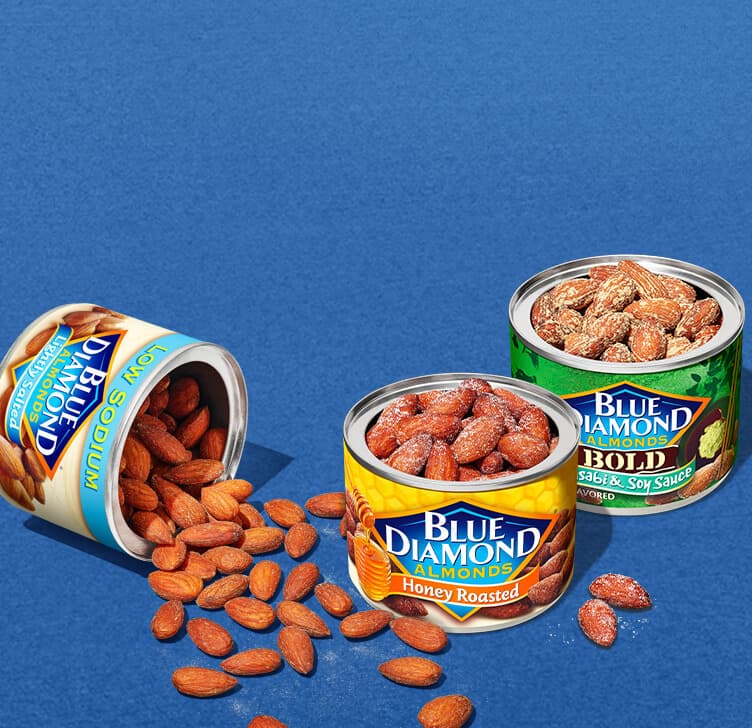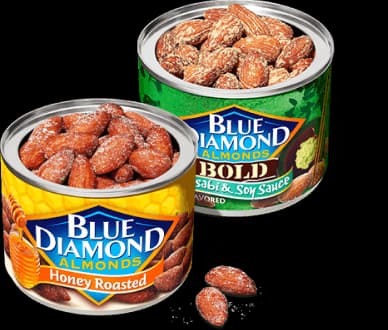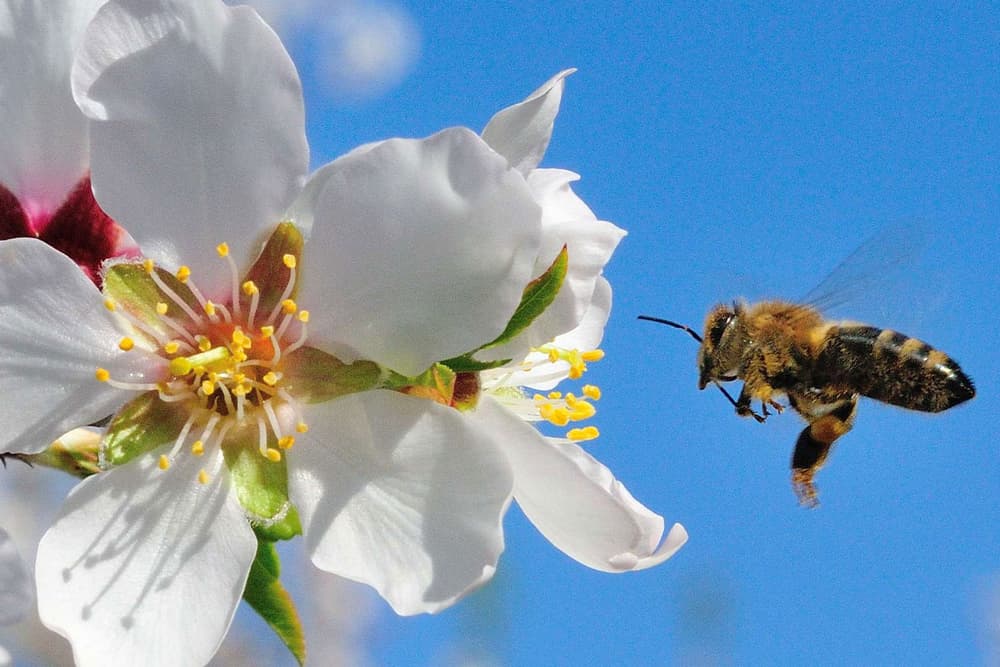
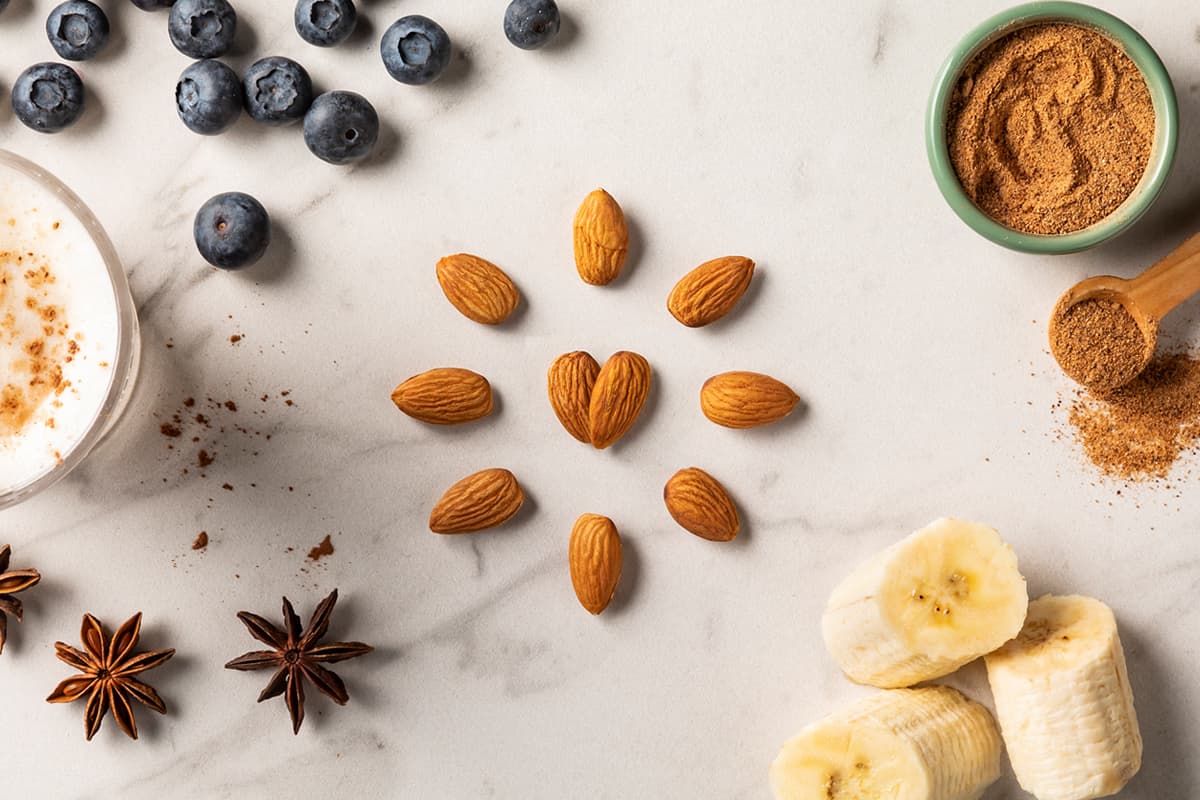
Raw Almonds vs Natural Almonds: What’s the Difference?
Many people are confused by what raw almonds actually are, and this is totally and completely understandable. In the world of almond growers and almond product makers, the word “raw” means something subtly different than it typically does elsewhere. In the end, though, there’s no doubting that almonds are delicious, regardless of how they’re processed before they find their way to your mouth.
But if your craving for almonds extends to craving a deeper understanding of where your favorite snack and ingredient comes from (and how it gets to its finished state before it lands in your shopping cart), read on!
In this post, we will get into the differences between raw and natural almonds, and talk a bit about the history of almond growing and why almonds must be pasteurized these days.
Raw Almonds and Natural Almonds
To most of us, the term “raw” simply means uncooked. For the raw foodists out there, it can be a little more technical than that—depending on your definition of what “cooked” is. But for most of us, a line dividing the raw from the cooked is pretty easy to understand and clear to define.
If you get something hot enough and for long enough to transform its flavor and/or texture, then arguably, you can consider it to be cooked. On the contrary, something that remains raw has not gone through this process.
Answering the question, “What are raw almonds?” requires a subtle shift in your understanding of what the word “raw” means, because in the case of almonds, “raw” means something else. “Raw” almonds are actually what those in the almond business call “natural” almonds—meaning almonds in their natural state. Are we making sense yet?
So What Are “Raw” Almonds If They Aren’t Raw Almonds?
In the case of almonds, “raw” means something like—not having gone through an additional cooking process to blanch and remove the skin from the nut meat. So raw almonds are cooked, just not as cooked as they could be, and not as cooked as blanched almonds.
Pasteurized Almonds—Why?
Almonds have to be pasteurized before they are sold; either that, or they have to be chemically treated to ensure that they are safe to consume. Nearly all almond producers favor heat pasteurization over chemical treatment.
Almonds are the only nut or seed that has to be pasteurized, and this all goes back to a couple of incidents in the early 2000s, involving salmonella outbreaks triggered by poor handling of truly “raw” almonds.
Raw, Natural, Cooked, Blanched, Pasteurized—Almonds Are Delicious
Hopefully you know a bit more about almond processing than you did when you started reading this post. You know that raw almonds are actually pasteurized almonds that haven’t been blanched, and you know that natural almonds are raw almonds. You also know a bit about why this is the case. Regardless, you already knew that almonds and everything we make from them are delicious and great for you.
